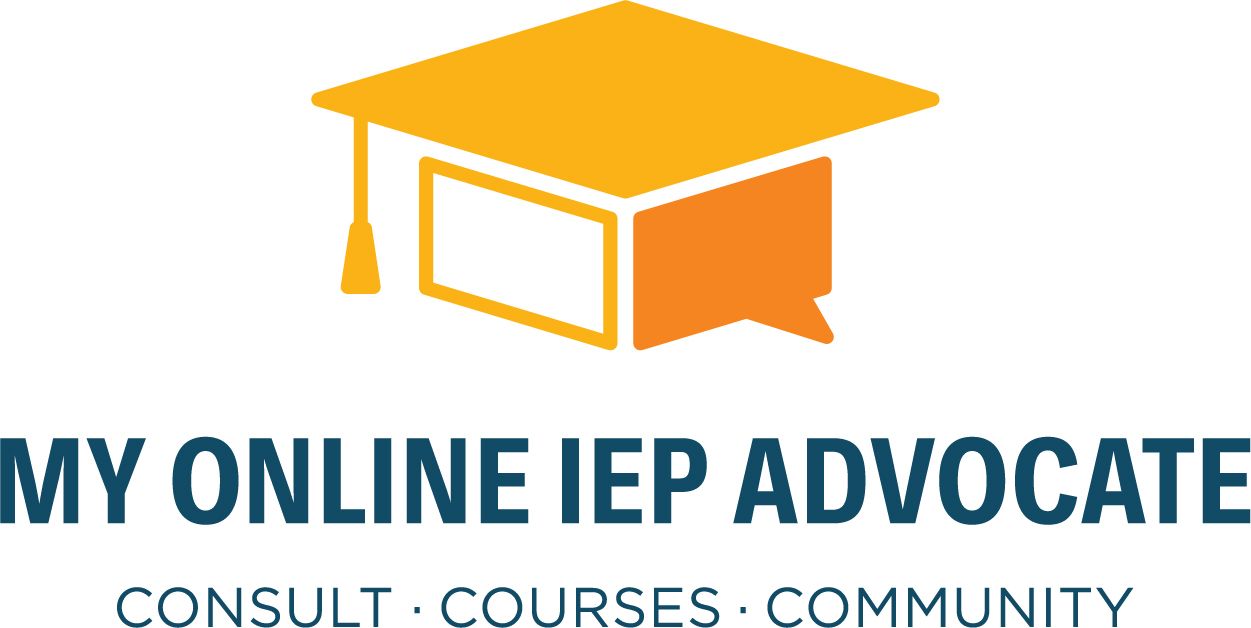Handling Emotional Dysregulation in the Home and in School
An interview with Dr. Rebecca Babcock, Clinical Psychologist
The first step in managing behaviors is to clearly communicate and understand ourselves, what are appropriate developmental expectations for each individual child depending on their age. We must also presume competence, meaning that, we must presume that every child is able to learning the same skills, it just might need to be presented in different ways.
Setting Clear and Concise Expectations That Are Developmentally Appropriate
We must start by promoting positive expectations for children. Children behave the way teachers and parents expect them to behave. If we give negative expectations to students, for example, teachers stating that a child isn’t able to do something. The student will develop this self-fulfilling prophecy that they won’t be able to. Egocentrism is a part of development where children aren’t able to take the perspectives of others yet. For example, empathy isn’t developed until the ages of 9-12 so expecting a 7-year-old to be empathetic is a developmentally unrealistic expectation.
In addition to physical development, social/emotional development is equally as important, a child’s understanding in what is appropriate behavior is going to vary age to age.
Join us to read more...
Join us to read more...
